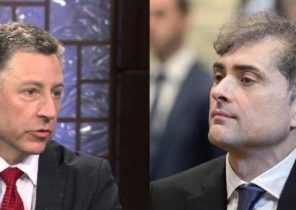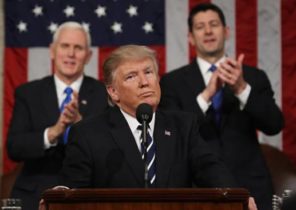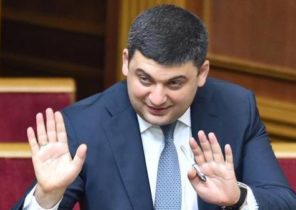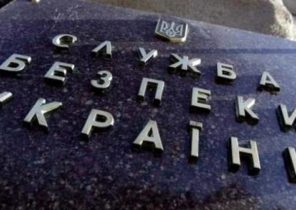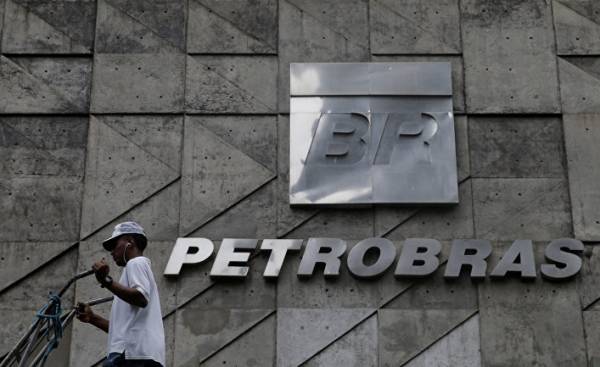
Charles Louis de Secondat (Charles Louis de Secondat), Baron de La brad (Brède) and de Montesquieu (Montesquieu) introduced in democratic thinking is the doctrine of separation of powers with its mandatory checks and balances. In this system, despite its proximity to court life, he saw justice not more than by legislative regulations. However, the development of state institutions so changed the relative importance of all three branches of government that currently justice is an unprecedented political role.
Brazil, the largest economic power in Latin America, with a population of over 200 million people, is today a typical example: its future life depends on what judges will decide. Unfortunately, this tension is the result of a decade of political turbulence, instability, moral crisis and reduced GDP by more than 3.5% in recent years.
The results of the police operation to curb money laundering, codenamed “car Wash” (there was money laundering) are considered in the court for three years now, and recently began another and even more explosive stage of the judicial investigation.
We all remember that March 2014 broke out the big corruption scandal in connection with the activities of the state oil company Petrobras, which was sentenced to prison some of the largest representatives of business circles of Brazil. The most iconic figures became the owner of a construction company Oldebrecht (father and son), as well as prominent personalities of governments of the workers ‘ Party. Then it was revealed monstrous political machine that arose with Oldebrecht, dispose of multi-million dollar contracts.
In 2005 also broke the corruption scandal, in which the defendants were, among other representatives of the workers ‘ Party, josé Dirceu (José Dirceu), one of the most famous Ministers in the government of Lula da Silva, who created a network to bribe legislators.
Despite this, Dilma Rousseff was reelected by a narrow margin of votes, but new revelations as a result of “operation car Wash” has led to the crisis, when representatives of the Party of the Brazilian democratic movement (PMBD), relied on her government, voted for the impeachment Dilma from office. So opened the way to occupy the presidential chair for her Vice-President Michel Temer, head of the PMBD.
The investigation was carried out for governments of the workers ‘ Party put former President Lula in a very enviable position from which he has not emerged so far. Now, the situation deteriorated even more due to the fact that the head of the Supreme court Facin Edson (Edson Fachin), originally associated with the Party of workers, made public the testimony of businessmen convicted of crimes, and made a list of charges that includes all former presidents, eight Ministers and 71 legislators.
As usually happens in such cases, the convicted businessmen have tried to improve their position in the courts, candidly reporting their donations to political parties. And donations, unfortunately, was very different from the usual contributions for election needs to be illegal offerings, although this illegality could not know party recipients, and of course bribes.
Thus, the political life of Brazil is gaining more notoriety. Everything is under suspicion. After five successive governments, which for the first time alternately formed by the two largest parties — the Party of the Brazilian democratic movement (social Democrats, headed by Fernando Henrique Cardoso/Fernando Henrique Cardoso) and the workers Party led by Lula da Silva — the country is now entering a period of uncertainty. Something similar happened in 1989 when President Fernando Afonso Kolor di Melo (Fernando Collor de Melo), who with a small party managed to put together a strong majority to defeat Lula da Silva, which was seen then as a Union leader with radical views.
In October of the next year presidential elections will take place the atmosphere of which is heavily overshadowed. As if we’d like to, but it is unlikely that the judiciary punish all those responsible and closed the case against the falsely accused, without presenting tangible evidence.
In such an atmosphere can prevail the mood of the political nihilism that has already played a bad role in the past. The result can come to power, those who deny all things (as a result of a police operation “Clean hands”, ending with the parties participating in the democratization of the country after fascism came to power Berlusconi).
There is no doubt that the Brazilian justice showed an example of independence. As there is no doubt in the fact that the level of corruption was beyond description. The problem is that this is justice itself, which has become the arbiter of public life in Brazil, must work to separate the wheat from the chaff, to complete the cleansing of the bureaucratic ranks, but to keep the political parties and the honor of those who unjustly poured whole buckets of dirt, mix water and sewage, honesty and baseness, the importance of state institutions and individual behavior.


